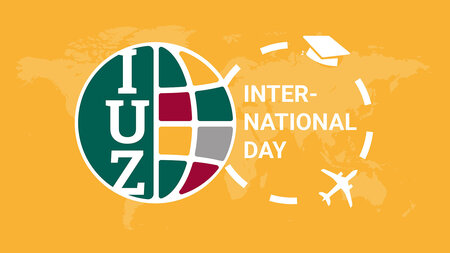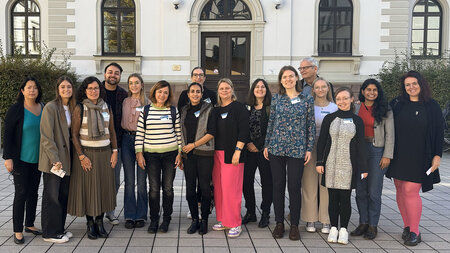HUMAN centred design for Information Society Technologies (HUMANIST)
Funding
European Commission 6th Framework Programme - Priority 2 "Information Society Technologies" Proposal n° 507420 Contract n° 507420
Partner
22 research institutes from 14 European countries
Description
The development of the new technologies of information and communication is going, in the coming years, to transform deeply the uses and the practices in transport.
If the driving task has evolved little since the creation of the motor vehicle, this situation is changing today under the combined effect of the widespread of driver information and communication systems implemented in-vehicle and the emergence of advanced driver assistance systems.
But if the current developments, in the field of road telematics and driver assistance systems, can constitute a real opportunity of help for the mobility and a real improvement of the road safety, they raise nevertheless, for ergonomists, numerous questions about their acceptability by drivers and about possible modifications of behaviour or attitudes.
The humans factors competencies exist in Europe but are scattered. To obtain effective results, it is necessary to integrate the research capacities in Europe.
The aim of the Network of Excellence HUMANIST is to federate the researches in the domain of user/system interactions and their applications on road telematics and driver assistance systems and to create a European Virtual Centre of Excellence on HUMAN centred design for Information Society Technologies applied to road transport.
To progress towards the creation of this European Virtual Centre, the HUMANIST Consortium has built a coherent joint program of activities, gathering research, integrating, spreading and management activities. The research areas retained are complementary and allow to cover widely the knowledge required to investigate all the various aspects of Human centred Design:
- Identification of the driver needs in relation to ITS
- Evaluation of ITS potential benefits
- Joint-cognitive models of Driver-Vehicle-Environment for user-centred design
- Impact analysis of ITS on driving behaviour
- Development of innovative methodologies to evaluate ITS safety and usability
- Driver education and training for ITS use
- Use of ITS to train and to educate drivers
Contact
Dr. Anke Popken , Dipl.-Psych. Bettina Kämpfe
People
Prof. Dr. Josef Krems, Dr. Martin Baumann, Dipl.-Psych. Diana Rösler, Dipl.-Psych. Tibor Petzoldt, Dipl.-Psych. Matthias Henning





